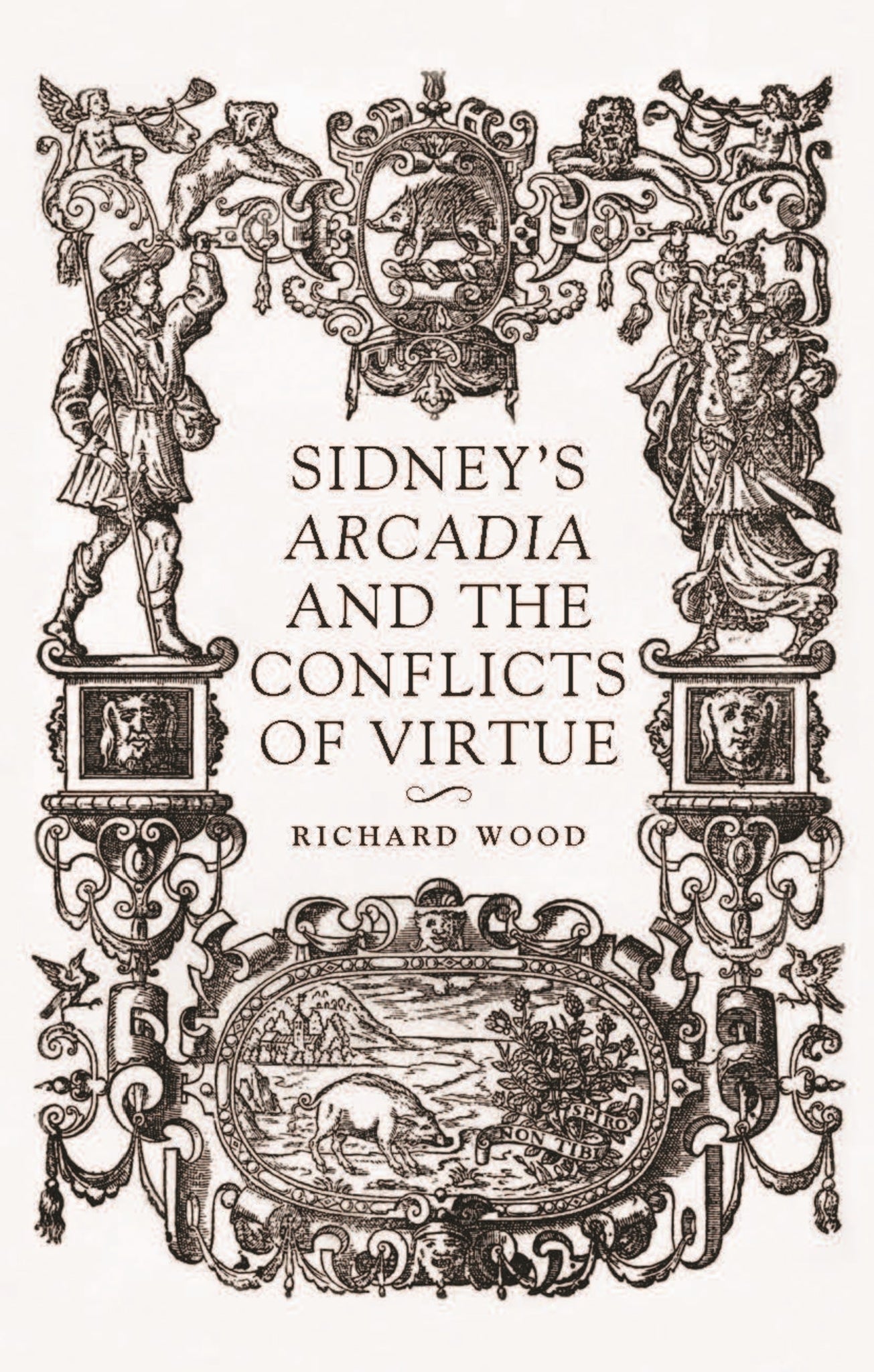We're sorry. An error has occurred
Please cancel or retry.
Sidney’s <i>Arcadia</i> and the conflicts of virtue

Some error occured while loading the Quick View. Please close the Quick View and try reloading the page.
Couldn't load pickup availability
- Format:
-
30 March 2020

Wood reads Philip Sidney’s New Arcadia in the light of the ethos known as Philippism after the followers of Philip Melanchthon the Protestant theologian. He employs a critical paradigm previously used to discuss Sidney’s Defence of Poesy and narrows the gap that critics have found between Sidney’s theory and literary practice. This book is a valuable resource for scholars and researchers in the fields of literary and religious studies.
Various strands of philosophical, political and theological thought are accommodated within the New Arcadia, which conforms to the kind of literature praised by Melanchthon for its examples of virtue. Employing the same philosophy, Sidney, in his letter to Queen Elizabeth and in his fiction, arrogates to himself the role of court counsellor. Robert Devereux also draws, Wood argues, on the optimistic and conciliatory philosophy signified by Sidney’s New Arcadia.

LITERARY CRITICISM / General, Literary studies: c 1400 to c 1600, POETRY / European / English, Irish, Scottish, Welsh, Literary studies: poetry and poets, Literature: history and criticism

'... a welcome resource for Elizabethanists.'
CHOICE
(Reprinted with permission from Choice Reviews. All rights reserved. Copyright by the American Library Association.)
'Throughout its densely argued pages, Richard Wood greatly expands the concept of stoicism as it is presented in Sidney’s New Arcadia.'
Journal of British Studies
Introduction
1) Sir Philip Sidney, Humility and Revising the Arcadia.
2) 'Philip has the word and the substance': a Philippist Reading of Sidney's revised Arcadia.
3) 'If an excellent man should err': Sir Philip Sidney and Stoical Virtue.
4) 'Think nature me a man of arms did make'?: Conflicted Conflicts in Astrophil and Stella and the revised Arcadia.
5) 'The representing of so strange a power in love': Sir Philip Sidney’s Legacy of Anti-factionalism.
6) 'Cleverly playing the stoic': the Earl of Essex, Sir Philip Sidney and Surviving Elizabeth's court.



